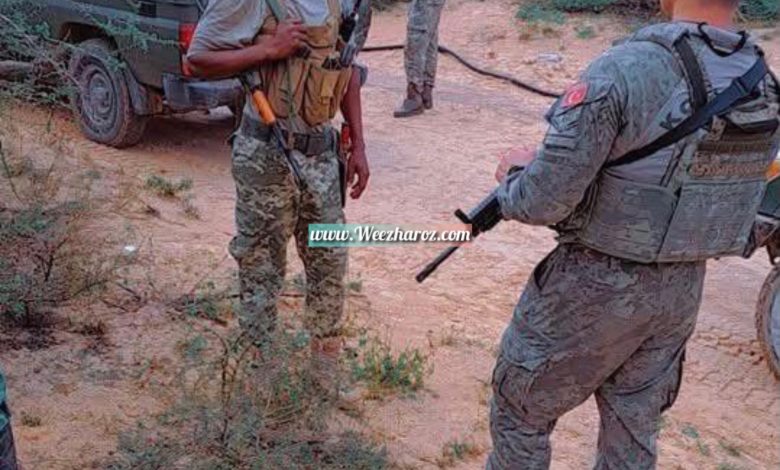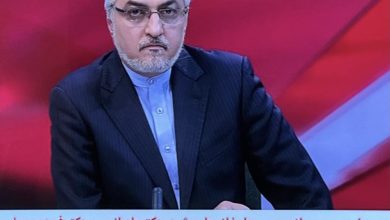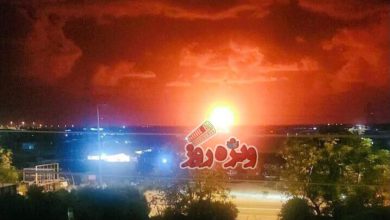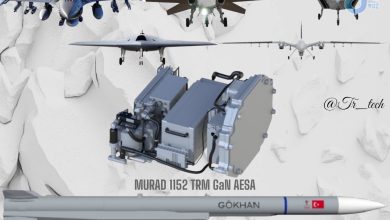Turkey’s First Combat Deployment of Special Forces in Somalia: A Strategic Alliance Against Al-Shabaab and a Shift in Regional Influence
Ankara - For the first time since Turkey's military involvement in Somalia began in 2011, Turkish Special Forces have been deployed operationally alongside the Somali National Army in the battlefront against the Al-Shabaab terrorist group. This unprecedented step marks a significant shift in Turkey-Somalia security cooperation and demonstrates Ankara's efforts to solidify its role as a key player in the Horn of Africa's security landscape.

Weezharoz-Since 2011, Turkey has been engaged in military agreements with Somalia, establishing the “Turkish Somali Military Training Mission” (TURKSOM) in Mogadishu, where it has trained thousands of Somali soldiers.
The active presence of Turkish Special Forces on the frontlines follows a sharp escalation in Al-Shabaab attacks on government-controlled areas and a rising civilian death toll.
This move has been hailed by Mogadishu officials as a “milestone in the fight against terrorism.”
Analysts believe this military engagement is part of a broader strategy by Turkey to increase its influence in Africa, competing with countries such as the UAE and Qatar in critical regions.
Key Points:
1.Military and Logistical Support: Turkey aims to stabilize the Somali central government and curb the influence of militant groups through military and logistical support.
2.Broader Strategic Interests: Turkey’s involvement in Somalia aligns with its previous operations in Libya and Syria, positioning Ankara as a rising power in both the Middle East and Africa.
3.Regional Stability: Al-Shabaab, as al-Qaeda’s affiliate in East Africa, poses threats not only to Somalia but also to neighboring countries like Kenya and Ethiopia.
Turkey’s intervention emphasizes its role as a “regional stability provider.”
However, some observers have warned that Turkey’s military presence may provoke responses from rival groups such as Egypt or the UAE, which also have interests in the African continent and compete with Ankara.
Additionally, concerns have been raised about the long-term sustainability and financial costs of these missions, especially as Turkey faces domestic economic challenges.
This move signifies not only Turkey’s increasing security commitments beyond its borders but also reflects the geopolitical rivalries in the Horn of Africa.
The success or failure of this mission could significantly influence the future of Turkey’s military collaborations with African nations and its role in global security dynamics.
Weezharoz




